The College of Food, Agricultural and Natural Sciences (CFANS) Dean Brian Buhr proposed a plan on Sept. 19 to restructure the Departments of Agronomy and Plant Genetics, Horticultural Science and Plant Pathology.
Though the administrative plan is not fully defined, the proposal outlines all three departments reporting to one yet-to-be-named department head to more effectively pursue the College’s mission. An additional faculty consultative committee will be created after the realignment by the dean to appropriately represent the distinct identities of each department, Buhr said in an email to the Minnesota Daily.
“We have thriving plant sciences and food systems majors that cut across the three departments,” Buhr said. “So this combination will ultimately help us better coordinate and deliver interdisciplinary coursework.”
According to Buhr, no academic aspects will change, only the administrative structure, which would allow consistent, united planning involving integrated programs to occur that was impossible under three independent department heads.
“Although distinct in their respective disciplines, these three departments share some general commonalities, including plant breeding and exploring plant diseases, and integrated classroom and research delivery of our plant sciences,” Buhr said.
The College had consulted with an advisory group and all departments in a year-long process, which led to the concept of administrative realignment, according to Buhr.
Professor Jerry Cohen from the Department of Horticultural Sciences said the advisory committee did not recommend this course of action.
Cohen said he does not think Buhr followed the CFANS Constitution, which took two years for Cohen to access and is not accessible on the University’s policy library webpage. The constitution states the Dean must consult with faculty before making a proposal of this magnitude, which Cohen said he believes Buhr failed to do.
Administrators should take advantage of their faculty’s experience and knowledge to make appropriate and beneficial administrative decisions, Cohen said. Administrators do not need to listen but they do need to ask, he said.
Cohen said he is concerned about the realignment decreasing the influence of the plant sciences.
The University is a land grant institution, which Cohen said means it was established to advance agricultural sciences in the United States. Combining three departments under one head can “dilute the departments’ voices by a factor of three,” he said.
The new leadership structure laid out in the proposal would have a department head who is responsible for strategic direction, research and financial strategies along with other responsibilities and an associate head who would work on budgetary oversight and support for strategic planning.
From each of the three departments, there will then be an undergraduate coordinator, graduate coordinator and research, extension and outreach coordinator.
The proposal also details a cut in faculty from the current 49-person staff across all three departments to 46 people, accounting for the removal of three department heads. This will allow for four more faculty positions because of the cost savings, according to the proposal.
According to Cohen, plant sciences play a critical role in the sustainability of our planet, as they address important issues like food deserts, climate change and more. Cohen said the combination of these departments causes a loss of reputation and identity.
The realignment will not allow the plant sciences to grow and flourish, Cohen said.
Gary Muehlbauer, head of the Department of Agronomy and Plant Genetics, does not share the same concerns as Cohen.
“We should’ve done this years ago,” Muehlbauer said.
The three departments have been competing against each other for resources and faculty members, and the realignment will allow strategic assignment of faculty to promote a cohesive and stronger undergraduate program, Muehlbauer said.
According to the proposal, some of the benefits of the realignment are that it will improve the number of faculty dedicated to scientific discovery and streamline faculty staffing of academic programs.
Through the realignment, the college can effectively allocate resources and federal funds toward research, teaching and the University’s extension program, which delivers a practical education to discover science-based solutions that build a better future, Muehlbauer said.
“The most effective way of doing this is by merging into a single unit,” Muehlbauer said. “I would hope that the new department can develop an identity that is stronger than any of the three individual departments.”
Professor Linda Kinkel, who teaches epidemiology and ecology of plant diseases, said she attended a retreat on Sept. 30 that addressed the realignment and its possible consequences.
In the last few years, the plant pathology department has lost five faculty members, making the department vulnerable in the realignment process. Plant pathology does not share specific disciplinary concepts that could be lost in the administrative restructuring, Kinkel said.
Kinkel said it is important to address and articulate the concerns of the realignment and devise buffers against its risks, however, she supports the Dean’s decisions while believing competition between the three departments can be addressed without administrative reconstruction.
“There needs to be a space for broader discussion on how to address the concerns and risks of this realignment,” Kinkel said.


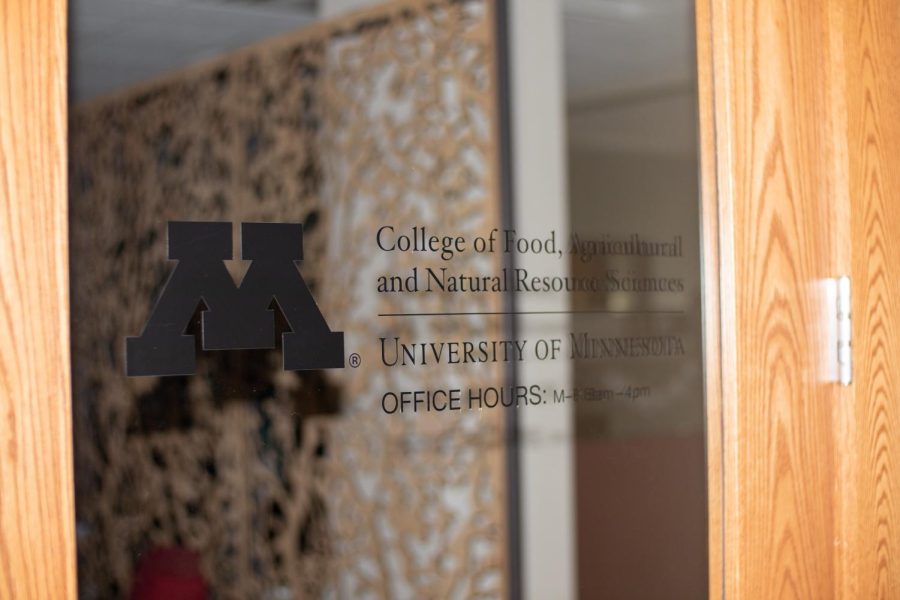

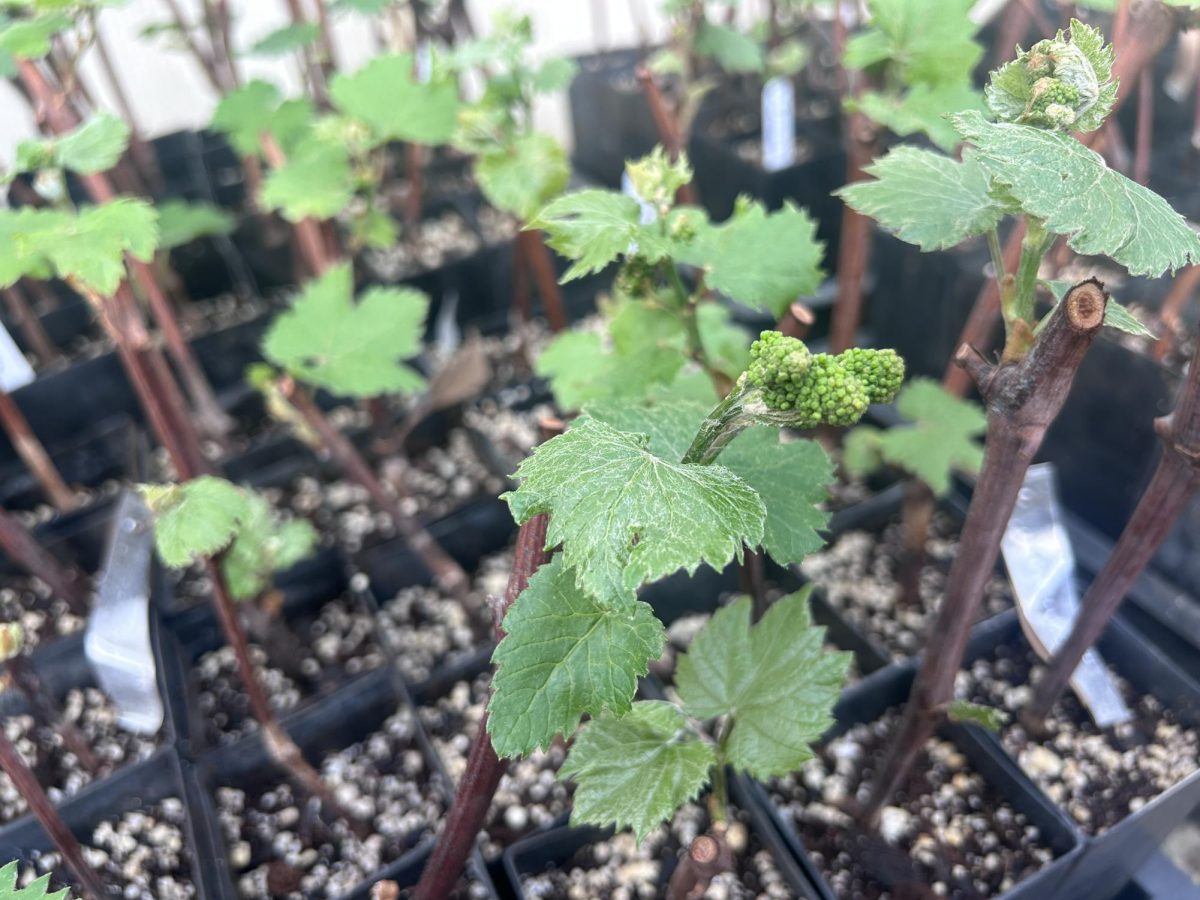
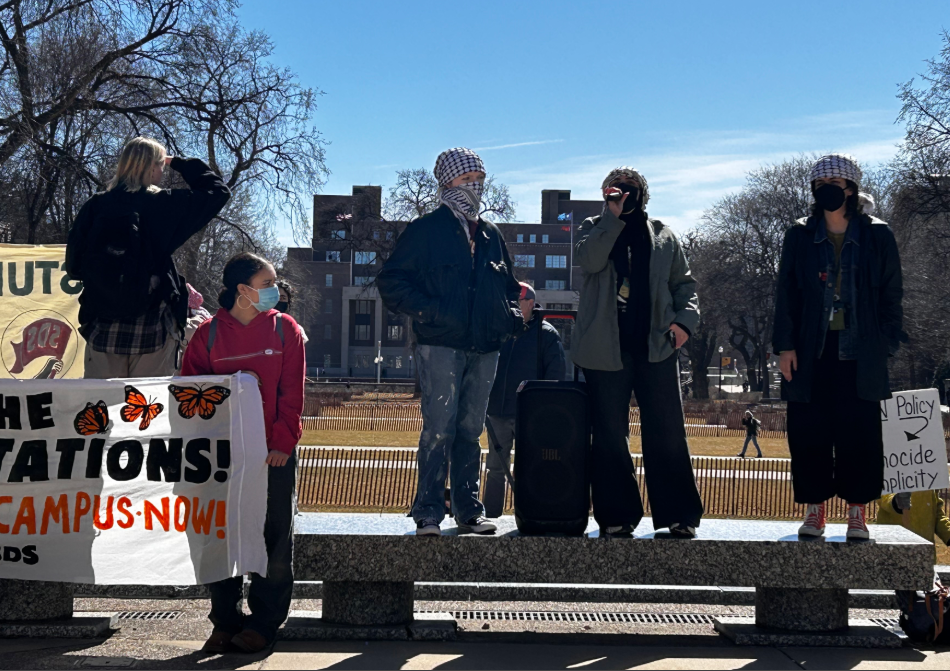

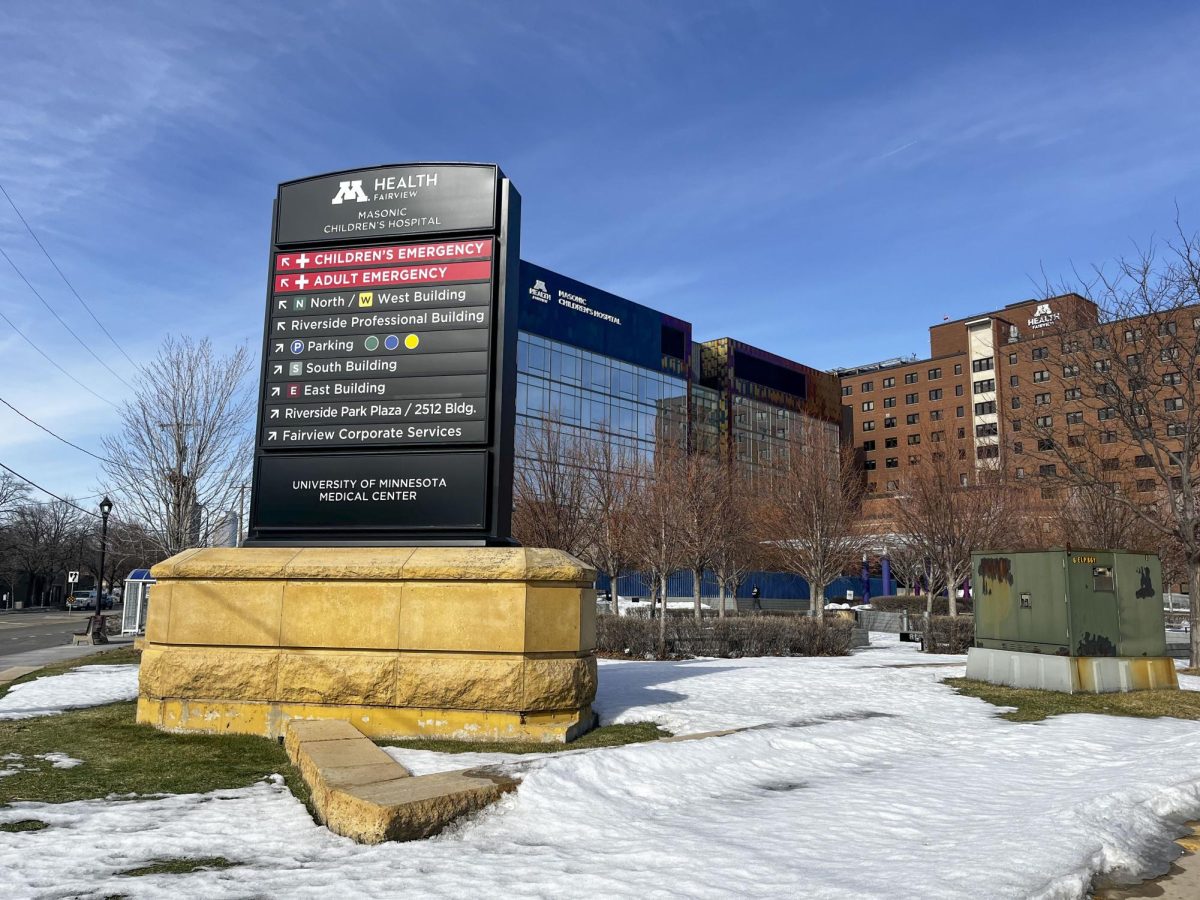


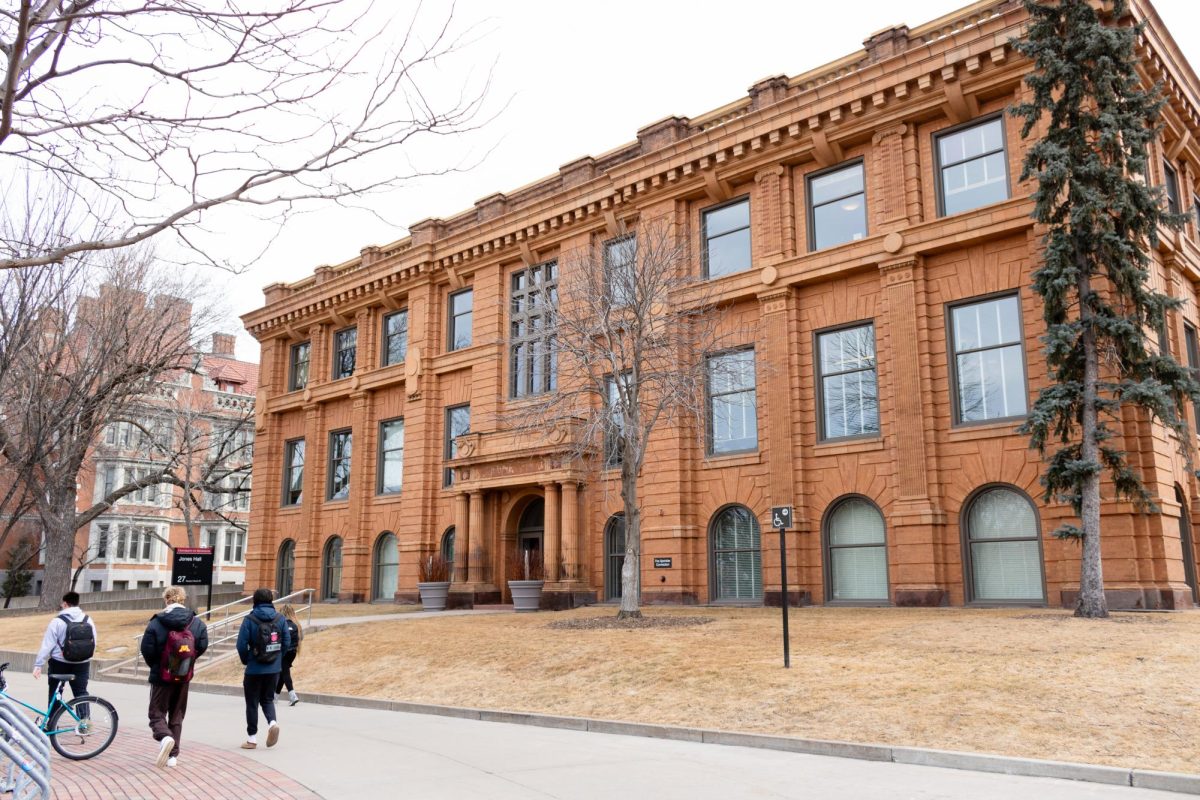


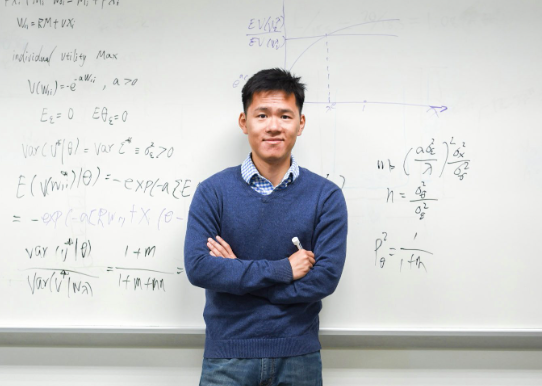
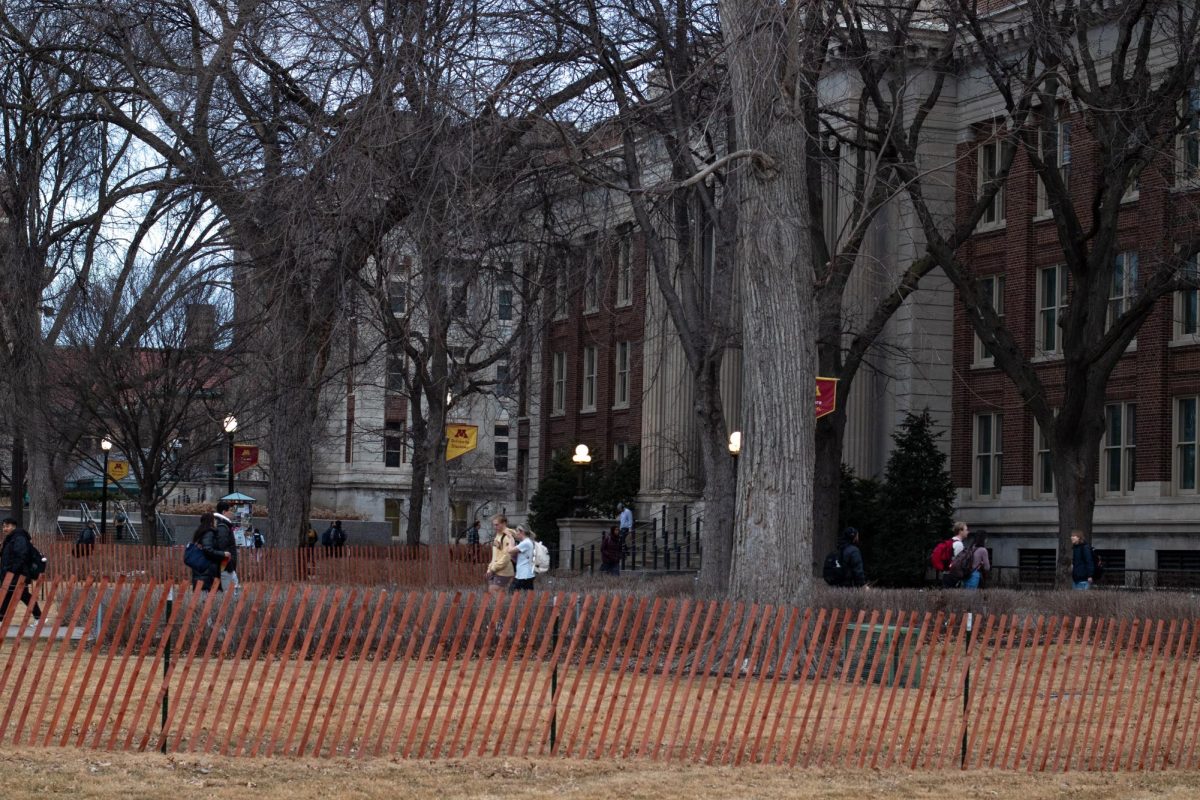

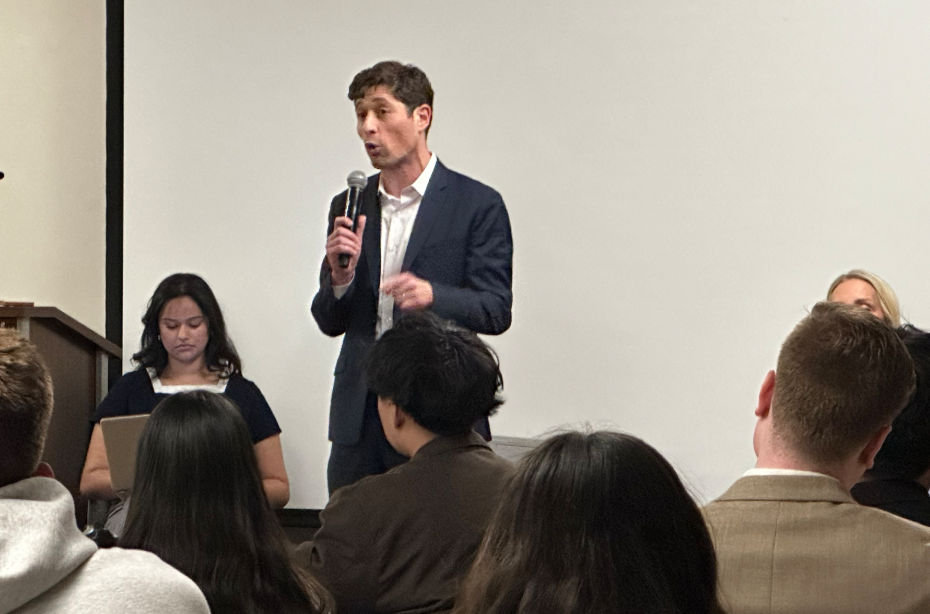
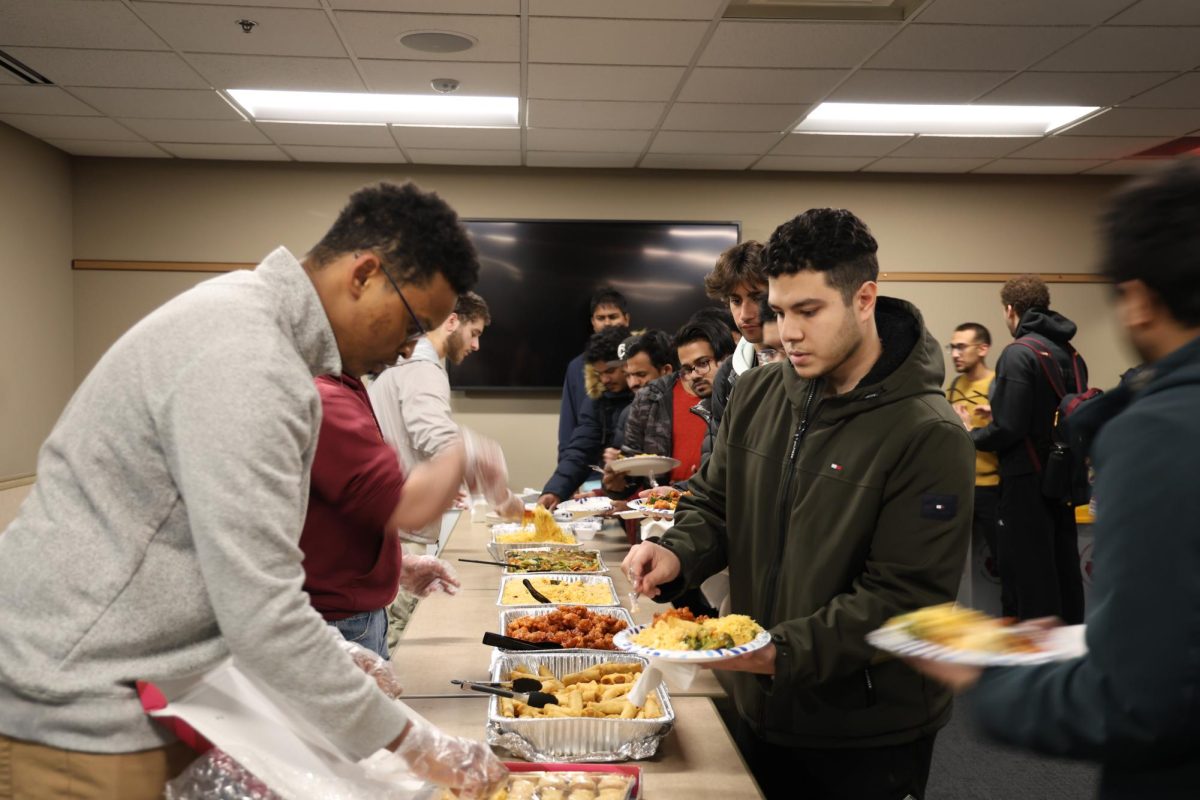



Alisha Hershman
Oct 7, 2022 at 12:03 pm
I’m surprised you made no mention of how the graduate students feel about the proposal. There is not enough transparency on what this is going to look like. This is the most detail any of us graduate students have heard. Also, the students in Plant Pathology put together a document stating our concerns and you make no mention of it despite we know that faculty and staff appreciated our comments. One of the biggest concerns is that many job applications require coursework specifically in Plant Pathology in order to get a pathologist position. What does the Dean mean when he says interdisciplinary coursework? Does this mean that course names are going to change because this will greatly affect our ability to get jobs specific to our discipline.